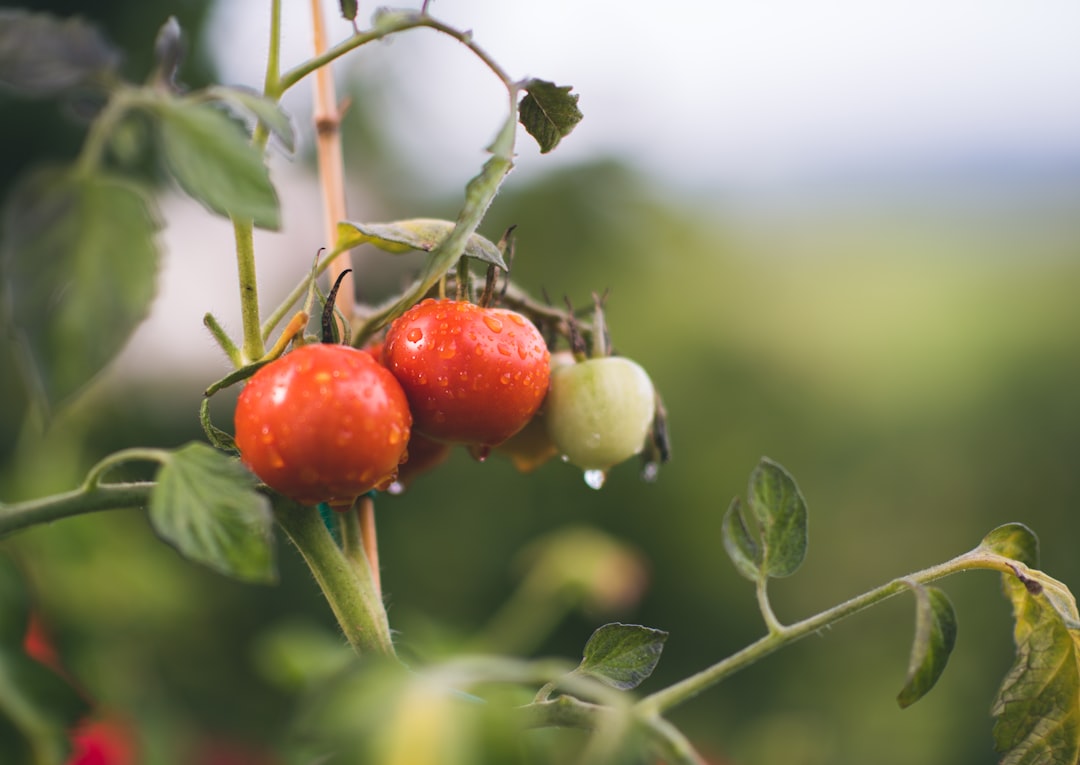Living as a small-scale organic farmer in a rural setting offers a unique blend of challenges and rewards. From the early morning sunrise to the evening sunset, each day is filled with a variety of tasks that require dedication, hard work, and a deep connection to the land. In this post, we'll explore a typical day in the life of a small-scale organic farmer, highlighting the joys and challenges of this fulfilling profession.
Morning Routine
The day begins early, around 5:30 AM, with a quiet moment of reflection and planning. Over a cup of freshly brewed coffee, I review the day's tasks, check the weather forecast, and prioritize my activities. This quiet time helps set a positive tone for the day ahead.
Animal Care
First on the agenda is caring for the animals. This involves feeding the chickens, collecting eggs, and ensuring that all livestock have access to fresh water and food. The chickens provide us with fresh eggs, while the goats offer milk for cheese-making and other dairy products. This daily interaction with animals is not only essential for their well-being but also a source of joy and connection to nature.
Field Work
After tending to the animals, it's time to head out to the fields. Depending on the season, this might involve planting new crops, weeding, or harvesting. Organic farming requires careful attention to soil health, so I spend a lot of time monitoring soil conditions and applying natural amendments to maintain fertility. This hands-on work is physically demanding but deeply rewarding, as I watch my crops grow and flourish.
Lunch Break
The lunch break is a cherished time to rest and recharge. Often, I'll take a simple meal out to the fields or enjoy a picnic with family members who help with the farm. Sharing stories and laughter during this break helps maintain a sense of community and connection, even on the busiest days.
Afternoon Tasks
The afternoon is often filled with a variety of tasks. This might include fixing equipment, preparing produce for market, or attending to administrative duties like bookkeeping and marketing. As a small-scale farmer, wearing multiple hats is common, and being adaptable is key to managing the diverse responsibilities of the farm.
Community Engagement
Later in the day, I might attend a local farmers' market or participate in a community event. These interactions are vital for connecting with customers, sharing knowledge about organic farming, and building relationships with other farmers and community members. They also provide opportunities to learn about new techniques and products, helping me stay updated on best practices in sustainable agriculture.
Evening Routine
As the day winds down, I take a moment to reflect on accomplishments and plan for the next day. This quiet time allows me to appreciate the beauty of the rural landscape and feel grateful for the opportunity to live and work in harmony with nature.
Conclusion
Life as a small-scale organic farmer is rich in rewards and challenges. From the early morning chores to the evening reflections, each day is a journey of growth, learning, and connection to the land and community. By embracing this lifestyle, I not only contribute to sustainable agriculture but also experience a deep sense of fulfillment and purpose. As rural communities continue to evolve, the role of small-scale farmers will remain essential for preserving traditional practices, promoting environmental sustainability, and fostering vibrant local economies.

Comments
No comments yet. Be the first to comment!
You must be logged in to comment. Login